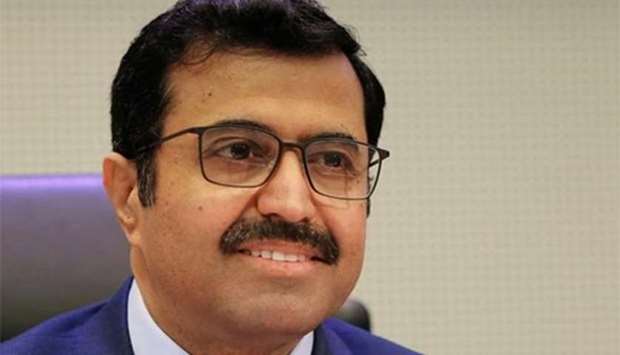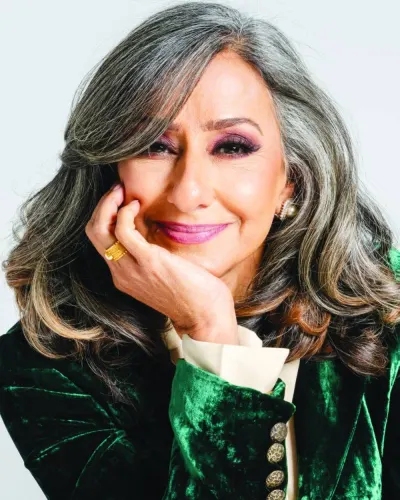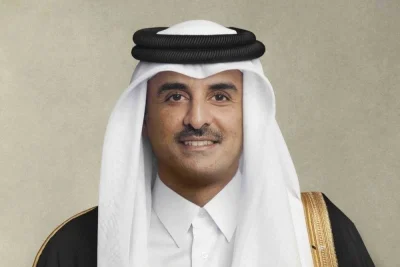Al-Sada said the majority of the surplus has been taken away by the market but he still sees excellent opportunities for Organisation of Petroleum Exporting Countries (Opec) and non-Opec members to continue cooperation beyond 2018.
Supply curbs by the Opec countries, Russia and other producers, began in January 2017 and are due to run until the end of 2018.
He said that oil producers could also target the flow of investments into the sector.
Supply shock is a possibility if the flow of investment remains restrained, as it has done over the past several years, he said.
Low oil prices for years have deterred fresh investments into the sector, triggering fears that the producers would not be able to meet rising global demand and thereby leading to a price spiral.
Last week, Opec and Russia reaffirmed that they would persevere with oil-production cuts until the end of the year to clear a global glut and signalled they were ready to co-operate beyond that.
Producers should keep cutting output until the end of the year as the oil market may re-balance at the end of the year or in 2019, Saudi Arabia Energy Minister Khalid al-Falih told a news conference in Muscat, Oman. The oil market still isn’t fully re-balanced, though the ministers from Opec and allied producers agreed in Muscat recently that their output-cuts agreement was working, Russian Energy Minister Alexander Novak said at the conference.
“As we approach the re-balancing by the end of 2018, we need to extend the framework but not necessarily in the production levels,” al-Falih said in a joint interview with his Russian counterpart on Bloomberg television. With a third of the surplus in global crude inventories still to be cleared, oil ministers agreed to co-operate beyond the end of this year, without deciding on a mechanism for this cooperation, he said.
Ministers from the Organisation of Petroleum Exporting Countries including Saudi Arabia met with counterparts from Russia and Oman in Muscat on January 20 to assess compliance with the cuts accord expiring at the end of the year. Saudi Arabia and Russia are leading the effort to trim production to drain stockpiles and prop up prices.
Oil rose more than 1% on Tuesday, with benchmark Brent crude hitting $70 a barrel for the first time in a week, boosted by healthy world economic growth prospects and expectations for continued production curbs by Opec , Russia and their allies.
A report from Moscow adds: Russia's Sakhalin-1 oil project, led by ExxonMobil, has ditched plans to raise output by a quarter this year after it was ordered by the authorities to return to previous lower production limits.
It was not immediately clear why the authorities blocked the rise, but higher output from the project might have jeopardised Russia's pledge to curb national crude output in line with a deal agreed on with Opec and other oil producers, Reuters said.
Sakhalin-1 operates under a Production Sharing Agreement struck in the mid-1990s and all plans must be run by local government.
ExxonMobil had received preliminary approval for a new quota in December and set output for January at 250,000 to 260,000 barrels per day (bpd), up from 200,000 bpd last year.
But the firm was ordered by the authorities this month to return to the old quota of 200,000 bpd, three industry sources said.

HE Dr. Mohamed bin Saleh al-Sada said oil producers could target the flow of investments into the sector.
Oil markets should reach balance after several years of supply glut sometime in the third quarter of 2018, Qatar's Minister of Energy and Industry HE Dr. Mohamed bin Saleh al-Sada told Reuters on the sidelines of the World Economic Forum in Davos on Tuesday.


